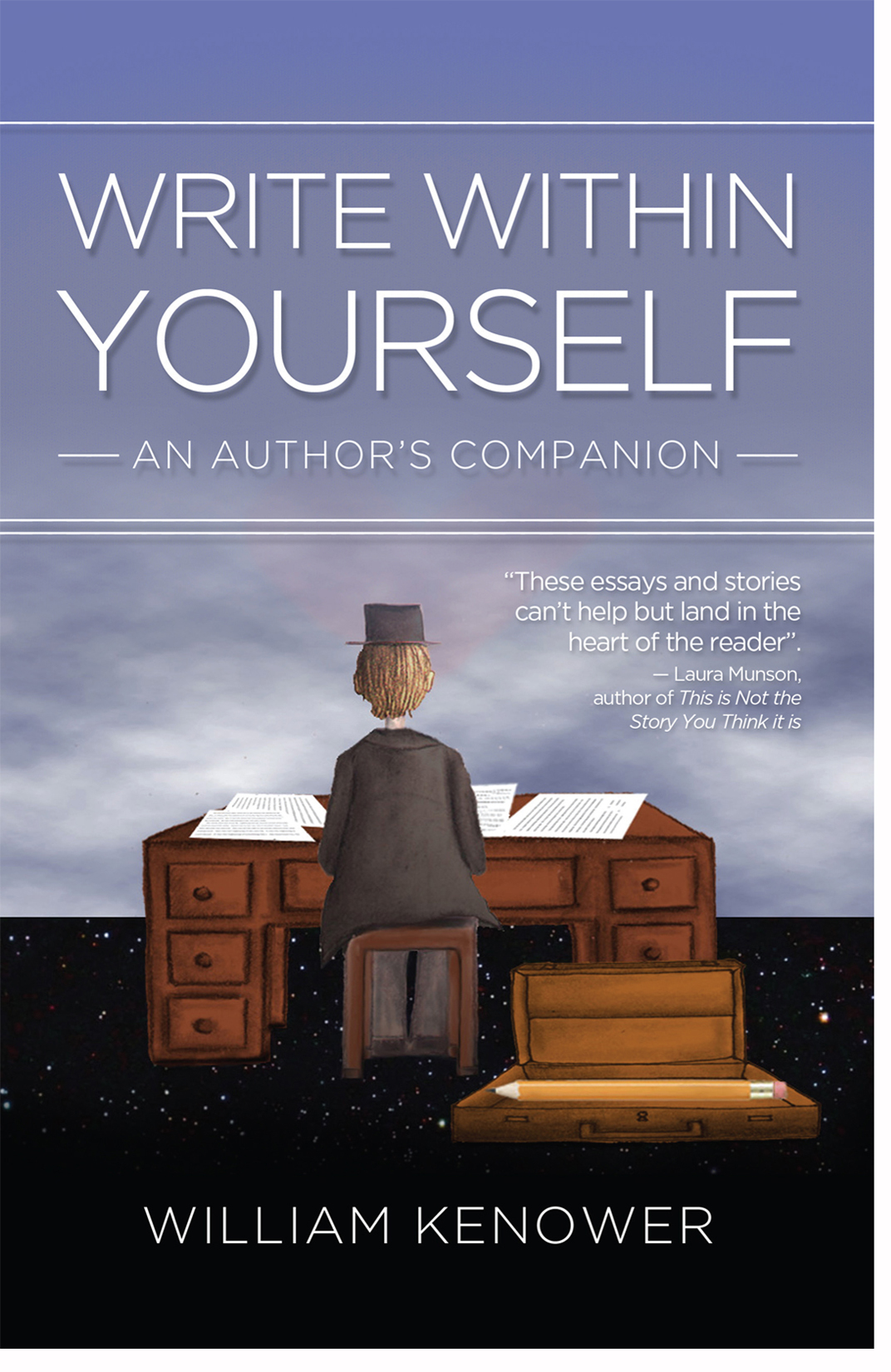You Are Not What You Write
I realized recently that whether I’m writing, teaching, or even interviewing, I’m only interested in communicating one idea: Everything is okay, even though it looks like everything is not okay. As much I love this idea, I spend most of my days remembering that it is true. After all, everything often looks like it’s not okay. Which is why I love to write, teach, and talk to people about it. Nothing connects me to this idea more immediately than finding a way to share it with other people. The experience is a win-win, you might say: If things go according to plan, I get paid to find what I spend all my time looking for anyway. I am not any different than any other writer. Romance writers love romance novels. Whether they are writing or reading romance, they love the feeling of a woman and a man finding one another against uncertain odds. So too science fiction writers and fantasy writers and suspense writers and literary writers. Each genre provides its own specific emotional experience, whether it’s the experience of finding the killer, or good conquering evil, or a son forgiving his father. In this way, the first benefit of writing a novel in your favorite genre is that you get to spend a couple of hours a day resting in the emotional climate of what you love most.
This is most important for me to remember when I share my work with other people. I admit that I prefer when people like what I’ve written to when they don’t, exactly as I prefer when people laugh at my jokes to when they don’t laugh at my jokes. I like it when people buy my books, share my blogs, write me letters, and attend my classes. But as much as I like these experiences, and as relevant as they are to my financial well-being, I mustn’t invert my true priorities. I cannot love those things I’ve created more than the feeling from which they were created.
As soon as I commit this simple error I become very confused and irritable. Now I don’t know where to look for what I seek. The work does not please me in the way it did while I was writing it. It can’t. The true pleasure I knew was from connecting to that which wanted expression. If I try to squeeze that same pleasure from rereading it or from dwelling on someone else’s praise of it, it is as if I am hoping for a burst of sweetness from gum that has been chewed beyond flavor. And worse still, if I dwell on other people’s criticism of the work, I feel as if I never loved what I was trying to offer in the first place. I had been wrong to think that I loved what I loved because someone else didn’t love it too.
In truth, once I’m done writing something, I’m on to the next thing. I hope other people gain something from reading it, the way I gained something from writing it, but as a writer I’m on to the next thing. I have to be. The next story, the next essay, the next class is the only place to find what I am looking for. I don’t have to look very far or long, of course. It’s always right there, as close as my own heart, reminding me that everything is still okay.
Write Within Yourself: An Author's Companion.
"A book to keep nearby whenever your writer's spirit needs feeding." Deb Caletti.
You can find Bill at: williamkenower.com


